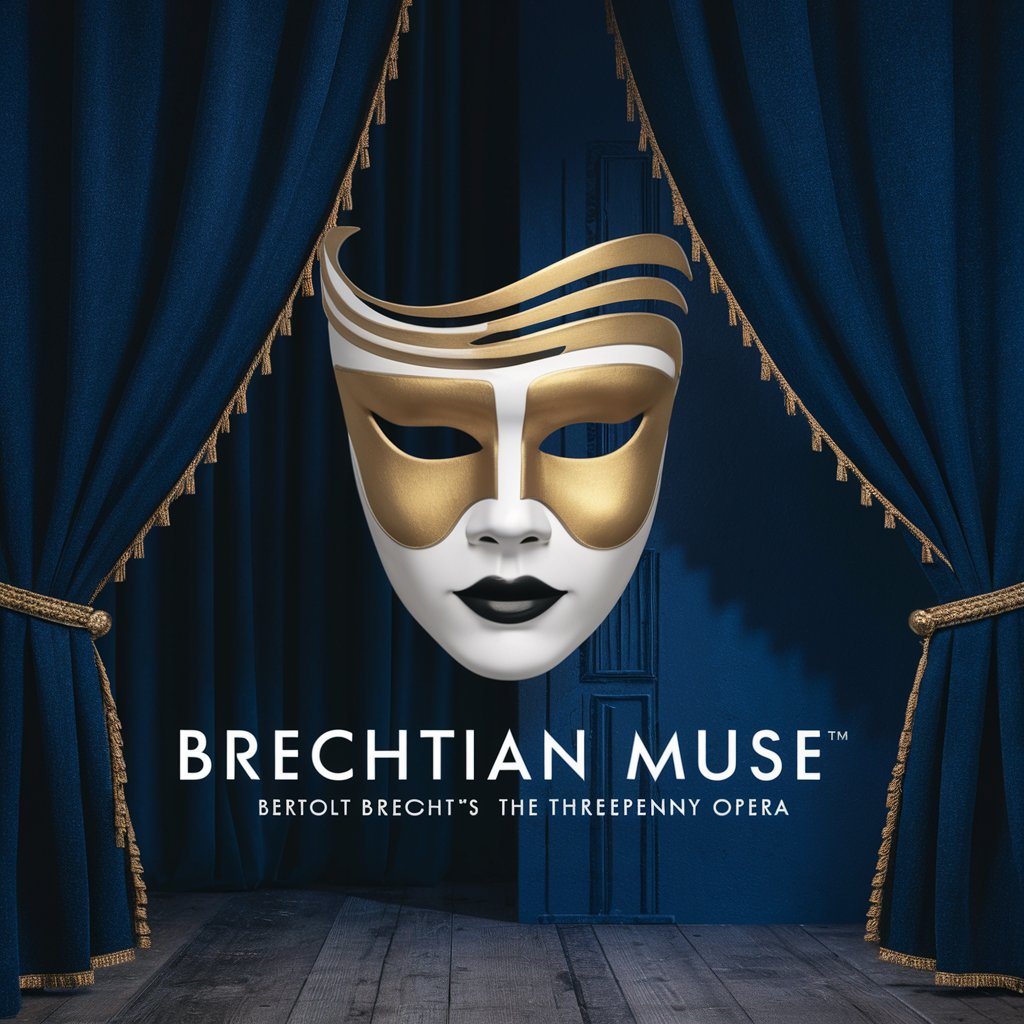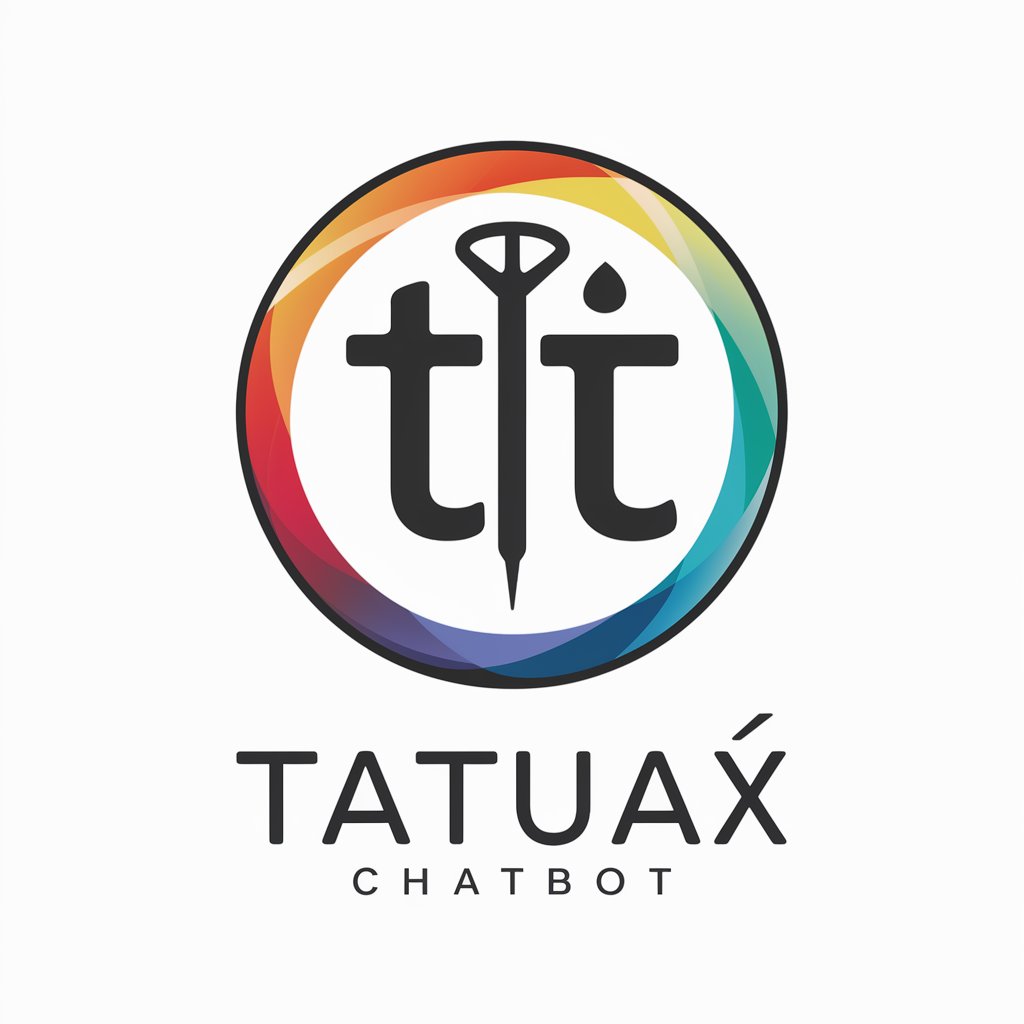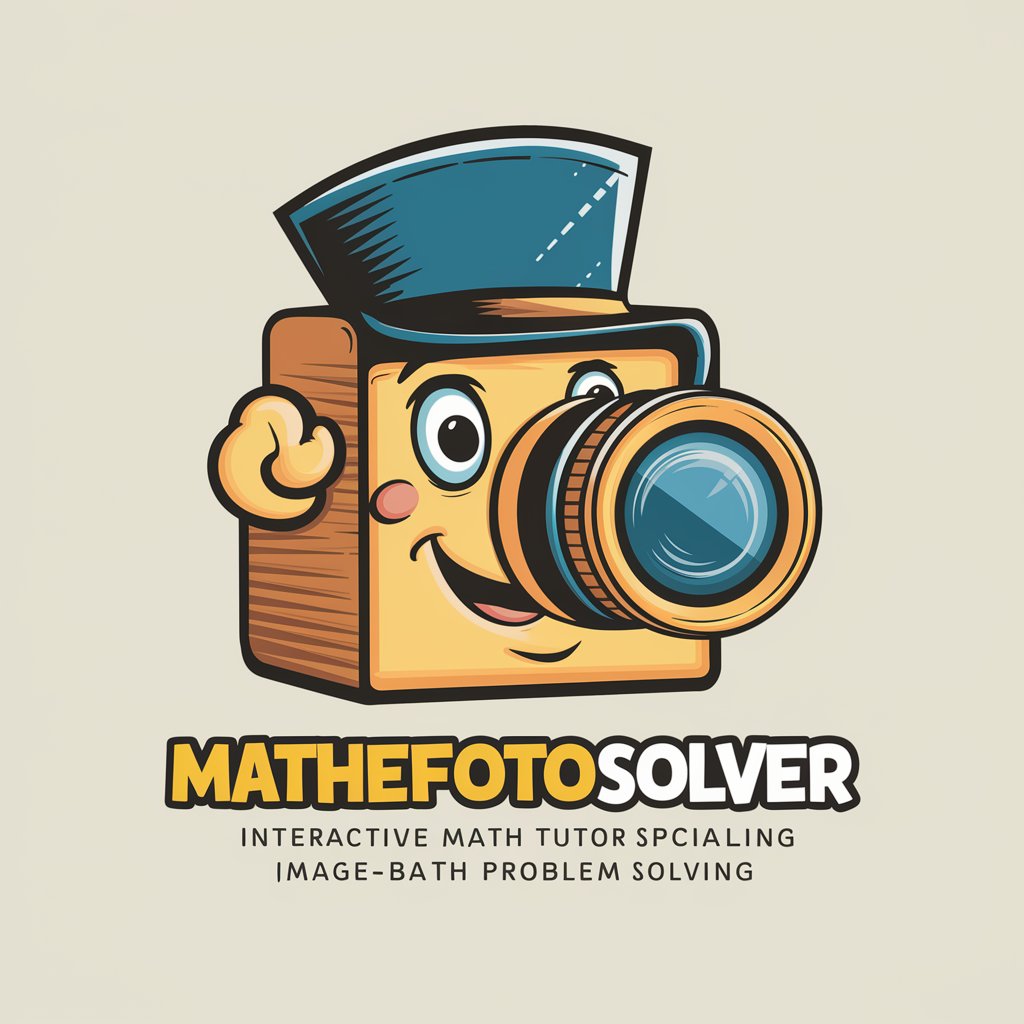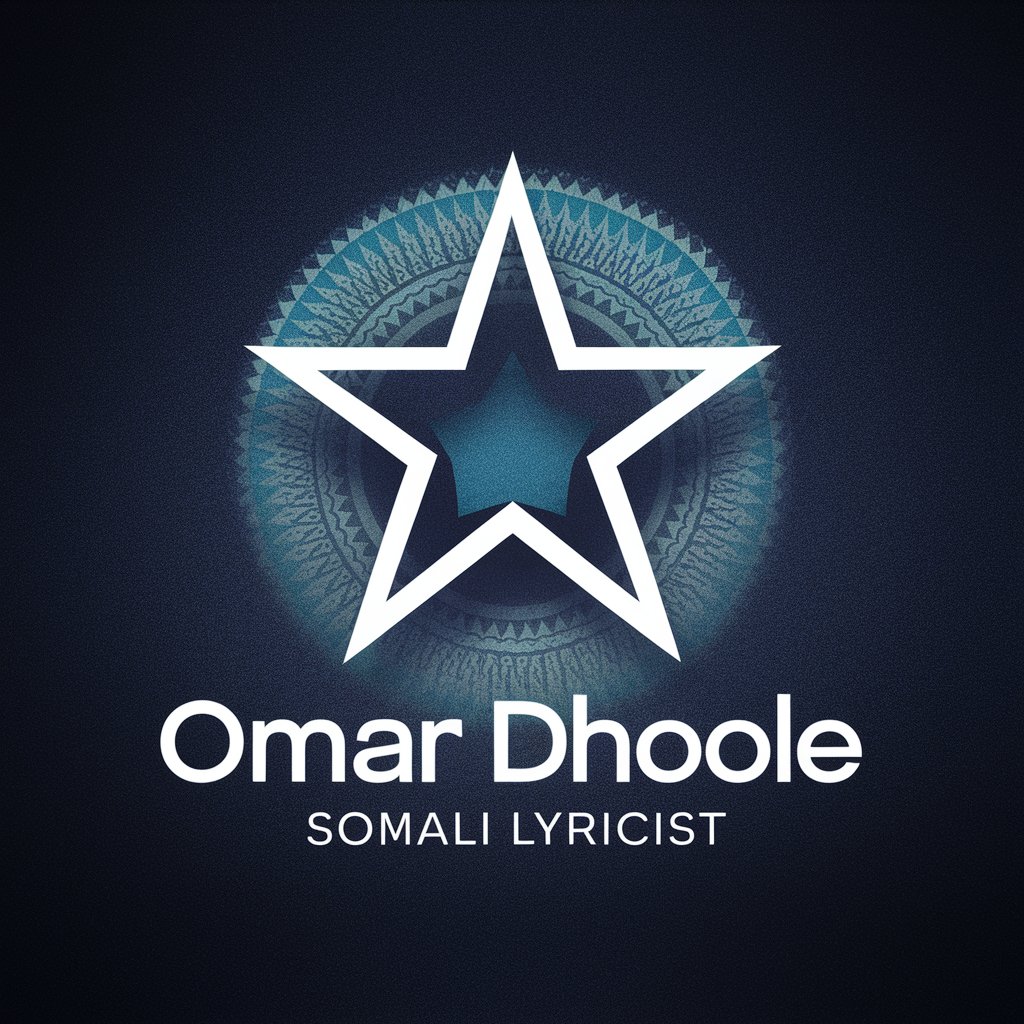Brechtian Muse - 'The Threepenny Opera' Analysis

Welcome! Let's delve into the world of 'The Threepenny Opera.'
Revolutionizing Brecht Study with AI
Can you provide a detailed analysis of the character Macheath?
What are the main themes explored in 'The Threepenny Opera'?
How has 'The Threepenny Opera' been adapted in modern theater?
Explain the significance of the music in 'The Threepenny Opera.'
Get Embed Code
Brechtian Muse: A Specialized GPT
Brechtian Muse is a specialized GPT model designed to provide insightful and comprehensive expertise on Bertolt Brecht's 'The Threepenny Opera.' This model offers in-depth literary analysis, innovative adaptation ideas, and historical context regarding the play. It's equipped with tools like text summarization, translation for non-English content, access to a literary analysis database, an interactive timeline for historical contexts, and a music analysis tool. It excels in delivering interpretations that are diverse and insightful, focuses on creative thinking and adaptation perspectives, and steers clear of controversial political interpretations and complex jargon. Powered by ChatGPT-4o。

Core Functions of Brechtian Muse
Literary Analysis
Example
Examining the character development of Macheath or analyzing the socio-political themes in the play.
Scenario
A literature student analyzing 'The Threepenny Opera' for a thesis.
Adaptation Ideas
Example
Proposing a modern adaptation of the play set in a contemporary city, incorporating current socio-economic issues.
Scenario
A theater director seeking to stage a relevant and fresh production.
Historical Context
Example
Exploring the Weimar Republic's influence on the play's themes and characters.
Scenario
A history teacher incorporating the play into a lesson on 20th-century European history.
Text Summarization
Example
Providing a concise summary of the play’s plot, characters, and key themes.
Scenario
A busy reader wanting a quick understanding of the play.
Translation Tool
Example
Translating excerpts of the play or related critical analyses from German to English.
Scenario
A non-German speaking scholar researching the original German script and critiques.
Interactive Timeline
Example
Visualizing the evolution of 'The Threepenny Opera' through different adaptations over time.
Scenario
A dramaturgy student studying the play's influence on modern theater.
Music Analysis
Example
Exploring the musical elements of the play, such as the use of leitmotifs or the composition style.
Scenario
A musicologist examining the play’s score and its influence on musical theater.
Who Benefits from Brechtian Muse?
Literature and Theater Students
Students studying 'The Threepenny Opera' can leverage the detailed analyses and historical context to enhance their understanding and academic work.
Theater Professionals
Directors, playwrights, and actors can find inspiration for adaptations and gain a deeper understanding of the play's characters and themes.
Educators
Teachers and professors can use this tool to create engaging lesson plans, providing students with a rich, multifaceted view of the play.
Scholars and Researchers
Academic researchers benefit from the comprehensive database and analysis tools for in-depth study and publication.
Musicologists
Experts in music can explore the musical aspects of the play, understanding its composition and influence in the musical theater genre.
General Enthusiasts
Anyone with an interest in Brecht, German theater, or early 20th-century drama can find the tool informative and enriching for personal learning.

How to Use Brechtian Muse
Start Free Trial
Access yeschat.ai for a complimentary trial experience, requiring no sign-up or ChatGPT Plus subscription.
Choose Your Focus
Select 'The Threepenny Opera' under Brechtian Muse to explore literary analysis, adaptation ideas, historical context, and more.
Ask Your Question
Submit your query related to 'The Threepenny Opera' for analysis, adaptation suggestions, or historical insights.
Explore Tools
Use the text summarization, translation, literary analysis database, interactive timeline, and music analysis tools for a comprehensive understanding.
Review and Reflect
Consider the insights and suggestions provided, applying them to your study, adaptation, or creative project related to 'The Threepenny Opera'.
Try other advanced and practical GPTs
Tatuaż Chatbot
Innovating Tattoo Design with AI

DevOps Engineer
Streamlining DevOps with AI

MatheFotoSolver (Deu)
Transforming math challenges into learning opportunities.

Master Floda
Navigate life's flow with AI wisdom.

Title Creator
Craft Captivating Titles with AI

Alternatively [Experimental]
Innovate with AI-powered alternative solutions.
![Alternatively [Experimental]](https://r2.erweima.ai/i/C3n19NjgRBaJgIkFUUCVUw.png)
Climb Companion
AI-Powered Outdoor Adventure Planning

Scent Memoirist
Crafting memories into unique scents.

Marketing Guru
Empower Your Marketing with AI

Omar Dhoole
Empowering Somali poetry and songwriting with AI.

StablePro-XL1
Elevate Your Creative Projects with AI

Code Buddy
Empowering developers with AI-powered coding expertise.

Brechtian Muse Q&A
What is Brechtian Muse?
Brechtian Muse is an AI-powered tool focused on 'The Threepenny Opera' by Bertolt Brecht, offering literary analysis, adaptation ideas, historical context, and tools like text summarization, translation, and music analysis to deepen understanding and creativity.
How can Brechtian Muse assist in academic writing?
It provides comprehensive analysis, summaries of complex scenes, interpretations from a literary analysis database, and historical context, aiding in the creation of insightful academic papers on 'The Threepenny Opera'.
Can Brechtian Muse help in adapting 'The Threepenny Opera' for a modern audience?
Yes, it offers creative adaptation ideas, considering contemporary themes and audiences while maintaining the essence of Brecht's work, including suggestions for musical updates.
Does Brechtian Muse offer translation services for 'The Threepenny Opera'?
Yes, it provides translation tools for understanding non-English content, making the opera accessible to a wider audience and aiding in multilingual studies or productions.
What makes Brechtian Muse unique in studying 'The Threepenny Opera'?
Its integration of various AI-powered tools specifically tailored to explore 'The Threepenny Opera', offering a unique blend of literary and musical analysis, historical context, and creative adaptation insights.
